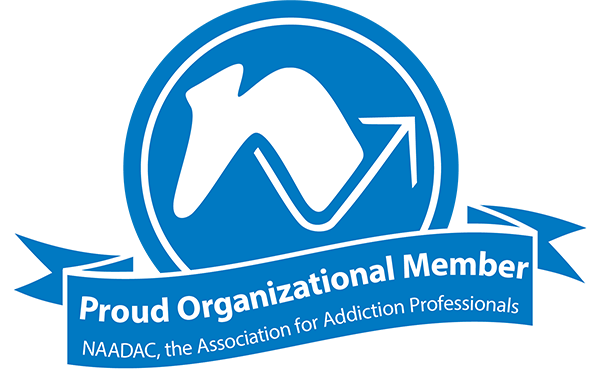Freeing yourself from an addiction to sleeping pills is crucial for reclaiming your health and well-being. But the path to recovery can be challenging.
Seeking support through a medically supervised program is the safest and most effective approach. Professional guidance can significantly improve your chances of successfully overcoming a sleeping pill dependence and set you up for long-term recovery.







